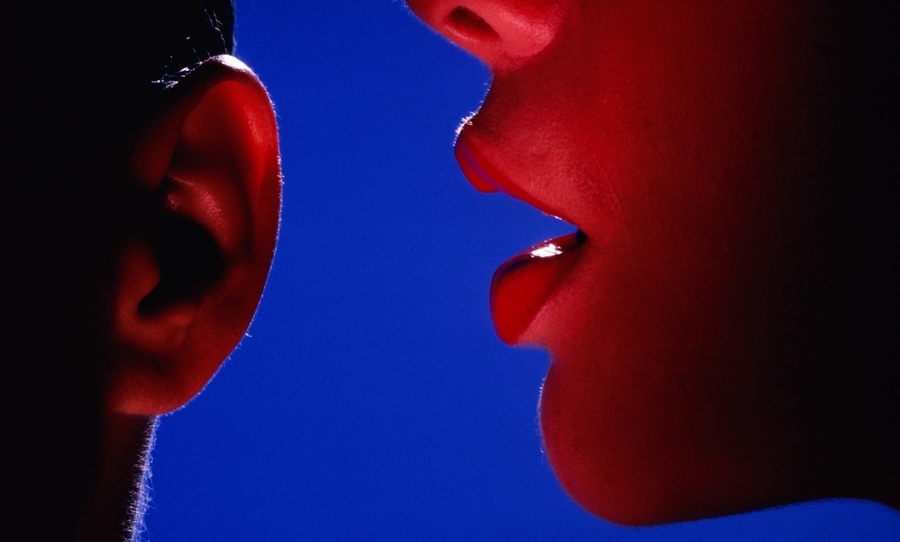The effects of COVID-19 have led to some very interesting changes. Along with clearer skies, a whole lot more flamingos, and a less-shaky Earth in tow, scientists have noticed one other curious development.
A new record as been set for the least amount of human-made noise-pollution in recorded history. Let’s have a closer look at the facts.

Scientists have just discovered that human-generated noise pollution is at its lowest level ever in recorded history.
The recently released report from the Journal of Science consisted of contributions from 76 authors from 27 different countries. Led by Dr. Thomas Lecocq and Dr. Koen Van Noten, the team have dubbed this recent quiet the “anthropause.” Scientists have been measuring sound (or seismic waves) to predict environmental changes, such as volcanoes and earthquakes, for a while now. However, these measurements also have included the sound of human activities in order to be reliable. Think planes, traffic, and construction as human-made noise pollution.
Since COVID-19, these scientists have noted the extreme change. When checking up on the 268 seismic stations around the globe, 69% showed “significant reductions in human-caused noise”. Funnily enough, the reduction in sound began in China, then slowly spread across Western Europe.
During the height of New Zealand’s quarantine, human-based noise was even down a whopping 50%! You might be asking why this reduction in noise is a good thing? It turns out that too much noise is actually pretty bad for you, making you more likely to have high blood pressure and even heart disease. A study from WHO concluded that in Western Europe “at least one million years of healthy life” are lost annually due to noise-pollution. Damn, looks like I’ll be keeping my headphone volume down in the future.
Take care of the mother earth by following these steps.😇
👉Do not cut the forests.
👉Use available water in the ground only when you need to.
👉Stop production of intoxicating gases like carbon.
👉 Limit noise pollution.#WorldNatureConservationDay pic.twitter.com/Pnyf7J7FJ1— 🦋seerat insan🦋 (@Seerat25495) July 28, 2020
Up next: The power of silence: minimalism in popular music.



